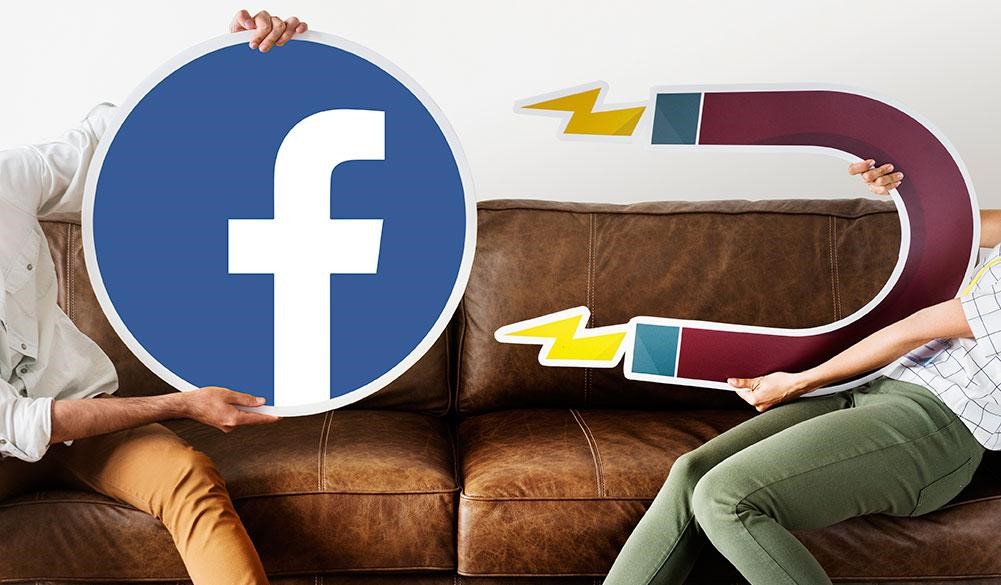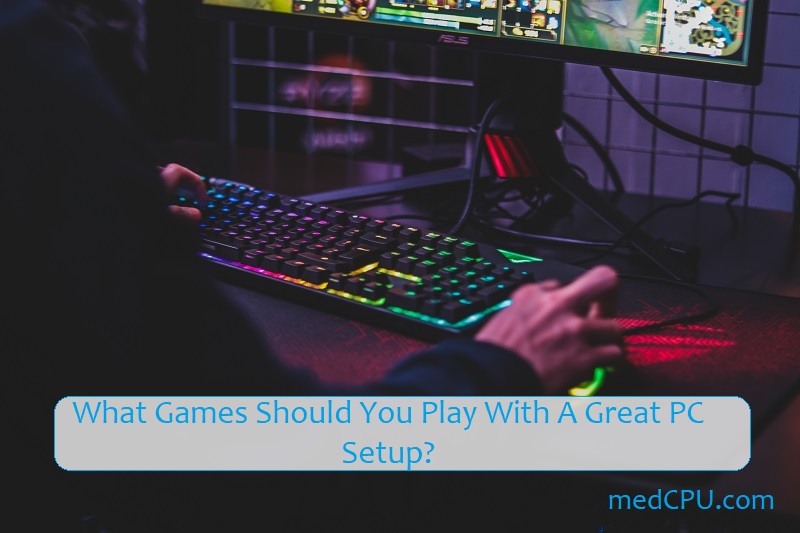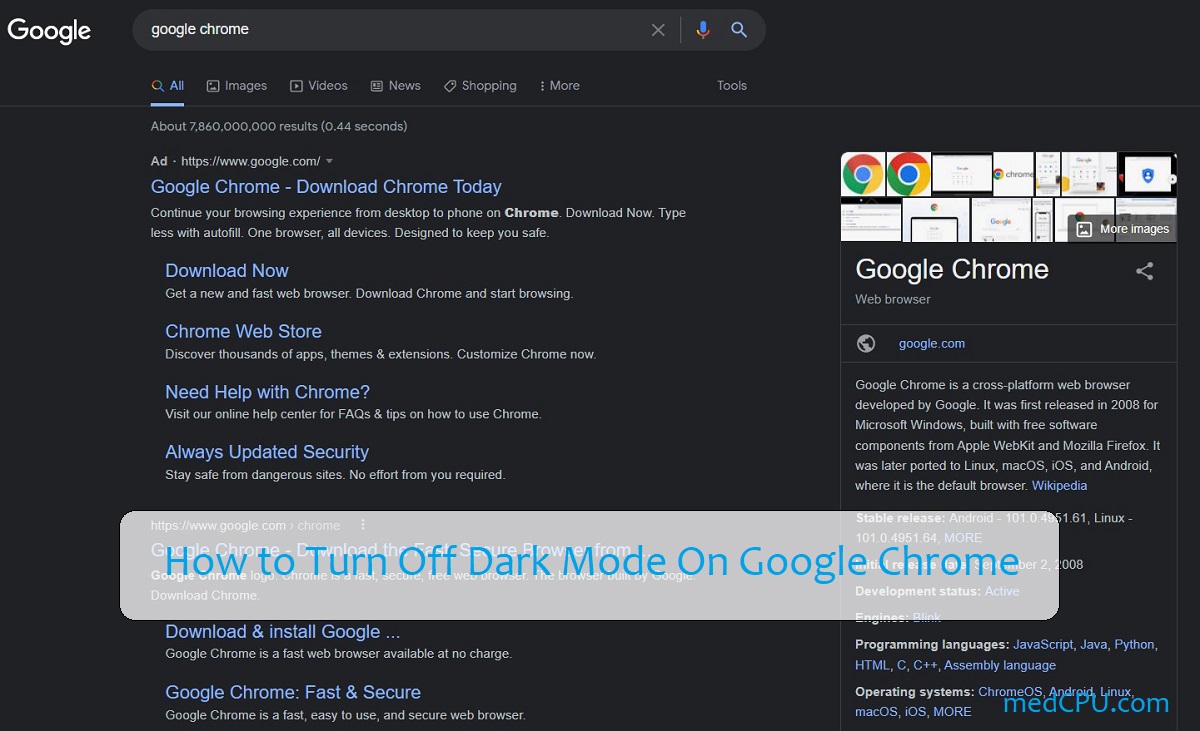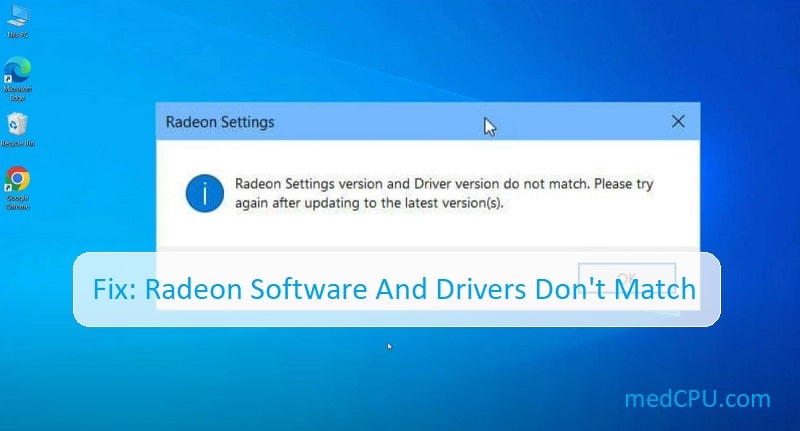Millions of people join their friends daily to save kingdoms, conquer warzones, or survive the apocalypse together. Online gaming is loads of fun, but being careless with your accounts can quickly turn good times into long-lasting problems. Why do you need to beef up your gaming account security? What steps can you take to do so? This handy guide will give you all the answers!
The Risks of Using Unprotected Gaming Accounts
Everything from your account & character names to your behavior in-game and out can become a potential security vulnerability.
For example, many people put identifiable information like their birth year, pet’s name, or the car they drive into their tags. They’ll often use the same info as answers to security questions for that or other accounts, allowing hackers easy entry.
Gamers might be more computer-savvy than most, but even they tend to use shockingly common passwords or reuse them for multiple purposes. A hacker might find your username and password data for something else through a data breach and gain access to your gaming account if they’re the same.
Once inside, cybercrooks will strip your characters bare or sell more valuable accounts on the dark web. Depending on how badly the account is compromised, they may even access your Personally Identifiable Information (PII), like your real name, address, and payment info. You really don’t want them to obtain the latter since they can create new bank accounts or take loans in your name and tank your financial credibility.
How Can You Keep Your Gaming Accounts Safe?
Account theft is a lucrative business. Hackers are raking in millions on Fortnite accounts each year, and flimsy passwords are not enough on their own anymore. Here’s how to power up your account security in a few easy steps.
Start using 2FA
Hooking your account up with two-factor authentication is the quickest way to seriously improve your chances of never getting hacked. The measure creates a second login step, prompting you to enter a code alongside your password. It usually arrives via text or an app, so you’ll need to have a phone nearby each time you log in. It’s a hassle at first, but much better than the alternative.
Use a password manager
Passwords remain the first line of defense against intrusion, and a password manager helps them do their job better. The manager can issue new, much stronger passwords for any account you link to it. It also makes changing passwords with equally secure ones easier.
No passwords look alike, & you can maintain as many as you need. Best of all, you don’t have to remember any of them, as you get a master password that gives you complete access.
Don’t connect via public Wi-Fi
Grabbing a coffee and sitting down for a deathmatch or three at a local shop sounds like a blast, but it’s also dangerous. Public Wi-Fi is unsupervised and easy for hackers to monitor. For example, it’s possible to monitor your keystrokes and obtain your usernames, passwords, and even banking details that way.
It’s best to avoid public Wi-Fi altogether. If you can’t, using a VPN is the next best thing. A VPN establishes a secure link regardless of your connection method. Any data you send and receive while it is active gets encrypted, ensuring no one but yourself and whoever you’re sending the data to can see or intercept it. Some VPN providers even offer to scan files for viruses, so check what each of them has to contribute to your online security.
Be mindful of your behavior online
Some cybercriminals depend on stolen data or try to brute force their way into your accounts. More sinister ones will use phishing emails or scam tactics to get you to give up your info or download malware.
Don’t trust sites or people who offer game keys or rare items at low prices or for free. Avoid visiting sites that supposedly sell tools and cheats that will make you better at a game. Even if they work, it’s not worth getting banned over.
Remember to also interact with others responsibly. Don’t put compromising info in your account details. Reveal as little as possible about yourself to anyone who isn’t a vetted friend or family member. It should go without saying, but never ever give your login info to someone else.
All these tips should be enough to keep your gaming accounts safe from most threats you may face online.
Read next:

Eyal Ephrat serves as the co-founder and CEO of medCPU.com, where technology is making significant strides in the field of medicine. Through his experience in purchasing PC and laptop equipment and various other tech products, Eyal Ephrat contributes valuable insights to medCPU’s mission.





